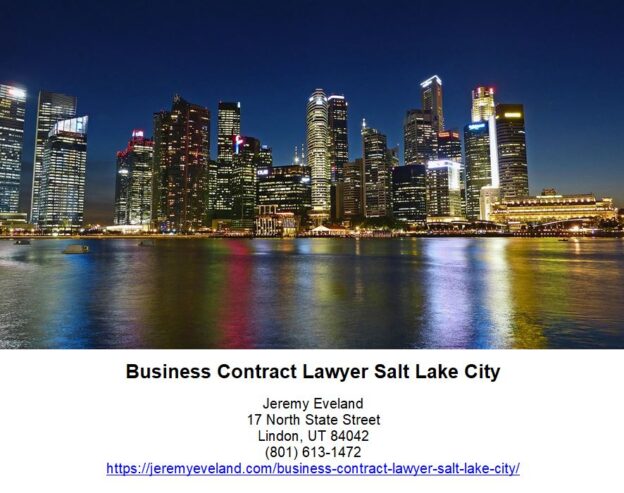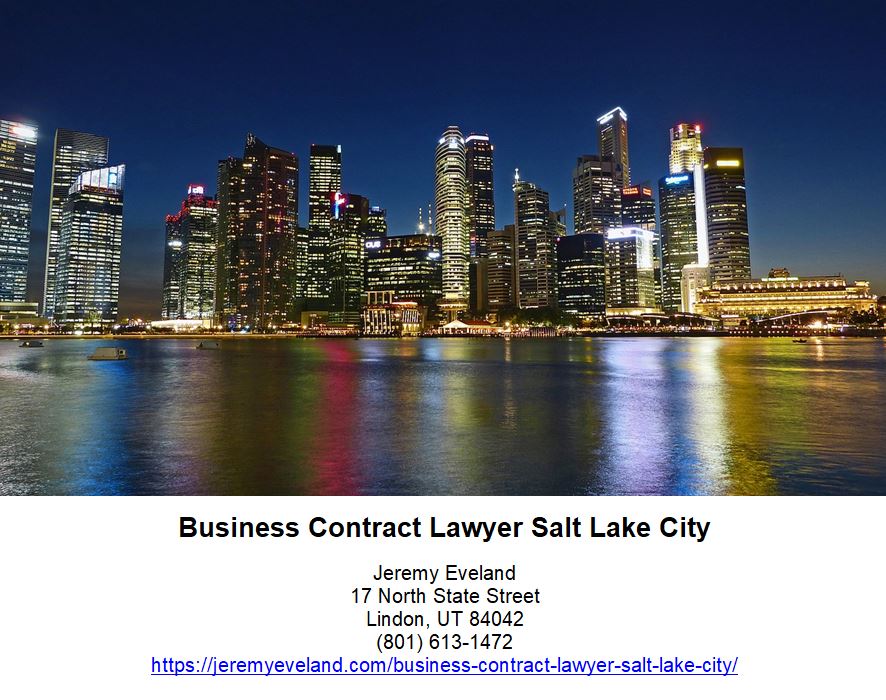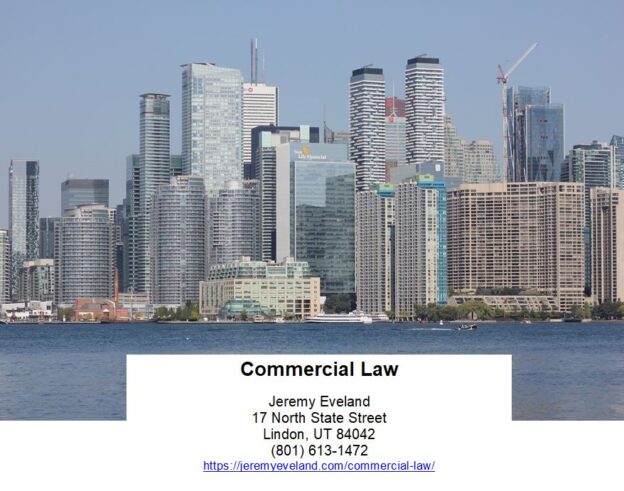Tax Law
“Tax Law: Your Guide to Financial Freedom”
Introduction
Tax Law is a complex and ever-evolving area of law that deals with the taxation of individuals, businesses, and other entities. It covers a wide range of topics, including income tax, corporate tax, estate tax, gift tax, and international tax. Tax Law is an important part of the legal system, as it helps to ensure that individuals and businesses pay their fair share of taxes. It also helps to ensure that the government has the funds necessary to provide essential services to its citizens. Tax Law is a complex and challenging field, and those who practice it must stay up to date on the latest developments in the law.
The Pros and Cons of Full Service Tax Preparation Services
Full service tax preparation services offer a convenient and comprehensive way to manage your taxes. However, it is important to understand the pros and cons of these services before making a decision.
Pros
Convenience: Full service tax preparation services provide a convenient way to manage your taxes. You can have your taxes prepared and filed quickly and easily, without having to worry about the details.
Expertise: Full service tax preparation services are staffed by experienced professionals who are knowledgeable about the latest tax laws and regulations. They can help you maximize your deductions and ensure that you are taking advantage of all available tax credits.
Time Savings: Full service tax preparation services can save you time by taking care of all the paperwork and filing for you. This can be especially helpful if you are busy or have a complicated tax situation.
Cons
Cost: Full service tax preparation services can be expensive. Depending on the complexity of your taxes, you may end up paying more than you would if you did your taxes yourself.
Privacy: When you use a full service tax preparation service, you are entrusting your personal information to a third party. This can be a concern for some people, as there is always the risk of identity theft or other security issues.
Limited Options: Full service tax preparation services may not offer the same level of customization as doing your taxes yourself. You may not be able to take advantage of certain deductions or credits that you would be able to if you did your taxes yourself.
In conclusion, full service tax preparation services can be a convenient and comprehensive way to manage your taxes. However, it is important to weigh the pros and cons before making a decision. Consider the cost, privacy concerns, and limited options before deciding if full service tax preparation services are right for you.
The Impact of Inflation on Tax Rates
Inflation is a major economic factor that affects the cost of goods and services, as well as the value of money. It is also a factor that can have a significant impact on tax rates. Inflation can cause tax rates to increase, as governments may need to raise taxes to cover the increased costs of goods and services.
Inflation can also cause tax rates to decrease. When inflation is high, the value of money decreases, which means that the same amount of money is worth less than it was before. This can lead to a decrease in tax rates, as governments may need to reduce taxes to make up for the decreased value of money.
Inflation can also affect the way taxes are calculated. When inflation is high, the cost of goods and services increases, which means that the same amount of money is worth less than it was before. This can lead to a decrease in the amount of taxes that are paid, as the same amount of money is worth less than it was before.
Inflation can also affect the way taxes are collected. When inflation is high, the cost of goods and services increases, which means that the same amount of money is worth less than it was before. This can lead to an increase in the amount of taxes that are collected, as the same amount of money is worth less than it was before.
Inflation can also affect the way taxes are distributed. When inflation is high, the cost of goods and services increases, which means that the same amount of money is worth less than it was before. This can lead to a decrease in the amount of taxes that are distributed, as the same amount of money is worth less than it was before.
In conclusion, inflation can have a significant impact on tax rates. It can cause tax rates to increase, decrease, or remain the same, depending on the level of inflation and the way taxes are calculated, collected, and distributed. It is important for governments to take inflation into account when setting tax rates, in order to ensure that the tax system is fair and equitable.
How to Maximize Your Tax Deductions
Maximizing your tax deductions can help you save money and reduce your tax burden. Here are some tips to help you get the most out of your deductions.
1. Know the Rules: Before you start itemizing deductions, make sure you understand the rules and regulations that apply to your situation. This includes understanding the different types of deductions, such as itemized deductions, standard deductions, and deductions for business expenses.
2. Keep Good Records: Keeping accurate records of your expenses is essential for claiming deductions. Make sure to keep receipts, invoices, and other documents that can be used to prove your deductions.
3. Take Advantage of Tax Credits: Tax credits are a great way to reduce your tax burden. Make sure to research the different credits available and take advantage of those that apply to your situation.
4. Claim All Eligible Deductions: Make sure to claim all deductions that you are eligible for. This includes deductions for charitable donations, medical expenses, and business expenses.
5. Consider Professional Help: If you are unsure about how to maximize your deductions, consider consulting a tax professional. They can help you understand the rules and regulations and ensure that you are taking advantage of all available deductions.
By following these tips, you can maximize your tax deductions and reduce your tax burden. Make sure to do your research and consult a professional if needed.
Exploring the Benefits of the Child Tax Credit
The Child Tax Credit (CTC) is a federal tax credit that provides financial assistance to families with children. It is designed to help offset the costs of raising children and to encourage families to stay together. The CTC is an important tool for helping families make ends meet and can be a major source of financial relief for those struggling to make ends meet.
The CTC is available to families with children under the age of 17. The amount of the credit is based on the number of children in the family and their income. The credit is worth up to $2,000 per child and can be claimed on the family’s federal income tax return. The CTC is refundable, meaning that if the credit is more than the amount of taxes owed, the family will receive a refund for the difference.

The CTC can provide significant financial relief for families. It can help cover the costs of childcare, medical expenses, and other necessities. It can also help families save for their children’s future education expenses. Additionally, the CTC can help reduce the amount of taxes owed, resulting in a larger refund.
The CTC is an important tool for helping families make ends meet and can be a major source of financial relief for those struggling to make ends meet. It is important for families to understand the benefits of the CTC and how to take advantage of it. By doing so, families can ensure that they are getting the most out of the CTC and that they are taking full advantage of the financial assistance it provides.
Understanding the Latest Tax Law Changes in the United States
The Tax Cuts and Jobs Act of 2017 (TCJA) is the most significant tax reform legislation in the United States in more than 30 years. It has made sweeping changes to the tax code, affecting individuals, businesses, and other entities. Understanding the latest tax law changes is essential for individuals and businesses to ensure they are in compliance with the new regulations.
For individuals, the TCJA has made changes to the tax brackets, standard deductions, and personal exemptions. The tax brackets have been reduced from seven to four, with the top rate dropping from 39.6% to 37%. The standard deduction has been nearly doubled, and the personal exemption has been eliminated. Additionally, the TCJA has increased the child tax credit and created a new credit for other dependents.
For businesses, the TCJA has reduced the corporate tax rate from 35% to 21%. It has also created a new deduction for pass-through businesses, such as sole proprietorships, partnerships, and S corporations. This deduction allows business owners to deduct up to 20% of their qualified business income. Additionally, the TCJA has made changes to the depreciation rules, allowing businesses to write off the cost of certain assets more quickly.
The TCJA has also made changes to the estate and gift tax. The estate tax exemption has been doubled, and the gift tax exemption has been increased. Additionally, the TCJA has made changes to the rules for deducting state and local taxes. Taxpayers are now limited to a maximum deduction of $10,000 for state and local taxes.
Finally, the TCJA has made changes to the rules for charitable contributions. Taxpayers can now deduct up to 60% of their adjusted gross income for cash contributions to qualified charities.
Understanding the latest tax law changes is essential for individuals and businesses to ensure they are in compliance with the new regulations. It is important to consult with a qualified tax professional to ensure that you are taking advantage of all the available deductions and credits.
What To Do If You Have Delinquent Taxes
If you have delinquent taxes, it is important to take action as soon as possible. Delinquent taxes can lead to serious financial consequences, including penalties, interest, and even legal action. Here are some steps you can take to address delinquent taxes:
1. Contact the IRS: The first step is to contact the IRS and explain your situation. The IRS may be able to provide you with payment options or other assistance.
2. File Your Tax Returns: If you have not yet filed your tax returns, it is important to do so as soon as possible. This will help you avoid additional penalties and interest.
3. Make Payment Arrangements: If you are unable to pay the full amount of your taxes, you may be able to make payment arrangements with the IRS. This could include an installment agreement or an offer in compromise.
4. Seek Professional Help: If you are unable to resolve your delinquent taxes on your own, it is important to seek professional help. A tax professional can help you understand your options and negotiate with the IRS on your behalf.
By taking action as soon as possible, you can avoid serious financial consequences and get back on track with your taxes.
Offers In Compromise For Back Taxes
An Offer in Compromise (OIC) is a program offered by the Internal Revenue Service (IRS) that allows taxpayers to settle their tax debt for less than the full amount owed. This program is designed to help taxpayers who are unable to pay their full tax liability due to financial hardship.
The IRS considers several factors when evaluating an Offer in Compromise, including the taxpayer’s income, expenses, and asset equity. The IRS will also consider the taxpayer’s ability to pay the full amount of the tax debt over a reasonable period of time.
In order to qualify for an Offer in Compromise, taxpayers must meet certain criteria. Taxpayers must be current on all filing and payment requirements, and must not have any open bankruptcy proceedings. Additionally, taxpayers must provide the IRS with a complete financial disclosure, including all income, expenses, and assets.
Once the IRS has evaluated the taxpayer’s financial situation, they will determine if an Offer in Compromise is appropriate. If the IRS determines that an Offer in Compromise is appropriate, the taxpayer will be required to submit a lump sum payment or a series of payments to settle the tax debt.
Offers in Compromise can be a great way for taxpayers to resolve their back taxes and get back on track with the IRS. However, it is important to note that the IRS does not accept every Offer in Compromise. Taxpayers should consult with a qualified tax professional to determine if an Offer in Compromise is the right solution for their particular situation.
Installment Payment Agreements With the IRS
If you are unable to pay your taxes in full, the Internal Revenue Service (IRS) may be able to help you by setting up an installment payment agreement. An installment agreement allows you to pay your taxes in monthly payments over a period of time.
To qualify for an installment agreement, you must meet certain criteria. You must have filed all required tax returns, and you must be current on all estimated tax payments. You must also demonstrate that you are unable to pay the full amount due in a lump sum.
If you meet the criteria, you can apply for an installment agreement online, by phone, or by mail. When you apply, you will need to provide information about your income, expenses, assets, and liabilities. You will also need to provide a financial statement and a statement of your monthly income and expenses.
Once your application is approved, you will be required to make monthly payments until the balance is paid in full. The amount of your monthly payment will depend on the amount of taxes you owe and your ability to pay. The IRS will also charge a one-time setup fee and a monthly fee for the installment agreement.
If you are unable to make your payments on time, the IRS may take enforcement action, such as filing a Notice of Federal Tax Lien or levying your bank account. To avoid these consequences, it is important to make your payments on time and in full.
If you are unable to pay your taxes in full, an installment payment agreement may be the right solution for you. By working with the IRS, you can make manageable payments and avoid the consequences of non-payment.
Past Due Taxes With the Utah State Tax Commission
The Utah State Tax Commission is responsible for collecting taxes that are past due. If you owe taxes to the state of Utah, it is important to pay them as soon as possible. Failure to pay taxes can result in serious consequences, including penalties, interest, and even criminal prosecution.
If you owe taxes to the state of Utah, you should contact the Utah State Tax Commission as soon as possible. The Tax Commission can provide you with information about your tax liability and payment options. You may be able to make payment arrangements or enter into an installment agreement to pay your taxes over time.
If you are unable to pay your taxes in full, you should contact the Tax Commission to discuss your options. The Tax Commission may be able to work with you to reduce or waive penalties and interest. In some cases, the Tax Commission may be able to negotiate a settlement of your tax debt.
If you are unable to pay your taxes, the Tax Commission may take collection action against you. This may include filing a lien against your property, garnishing your wages, or seizing your assets. It is important to contact the Tax Commission as soon as possible to discuss your options and avoid collection action.
If you have any questions about your taxes or need assistance with payment arrangements, you should contact the Utah State Tax Commission. The Tax Commission can provide you with information and assistance to help you resolve your tax debt.
Q&A
1. What is the purpose of tax law?
The purpose of tax law is to collect revenue from individuals and businesses to fund government programs and services. It also serves to redistribute wealth and provide incentives for certain activities.
2. What is the difference between federal and state tax law?
Federal tax law is the set of laws that govern taxation at the federal level. State tax law is the set of laws that govern taxation at the state level.
3. What is the difference between tax avoidance and tax evasion?
Tax avoidance is the legal practice of minimizing one’s tax liability by taking advantage of deductions, credits, and other legal strategies. Tax evasion is the illegal practice of deliberately underreporting or not reporting income or assets in order to reduce one’s tax liability.
4. What is the difference between a tax deduction and a tax credit?
A tax deduction is an amount of money that can be subtracted from one’s taxable income, reducing the amount of taxes owed. A tax credit is an amount of money that can be subtracted directly from the amount of taxes owed.
5. What is the difference between a progressive and a regressive tax?
A progressive tax is a tax system in which the tax rate increases as the amount of income increases. A regressive tax is a tax system in which the tax rate decreases as the amount of income increases.
6. What is the difference between a direct and an indirect tax?
A direct tax is a tax that is paid directly to the government by the taxpayer. An indirect tax is a tax that is paid indirectly to the government by the taxpayer, such as a sales tax or a value-added tax.
7. What is the difference between a flat tax and a marginal tax?
A flat tax is a tax system in which everyone pays the same rate regardless of their income level. A marginal tax is a tax system in which the tax rate increases as the amount of income increases.
8. What is the difference between a capital gains tax and an income tax?
A capital gains tax is a tax on the profits from the sale of an asset, such as stocks or real estate. An income tax is a tax on the income earned by an individual or business.
9. What is the difference between a payroll tax and an excise tax?
A payroll tax is a tax on the wages and salaries of employees. An excise tax is a tax on the sale of certain goods or services, such as gasoline or cigarettes.
Tax Law Consultation
When you need legal help with tax law, call Jeremy D. Eveland, MBA, JD (801) 613-1472 for a consultation.
Jeremy Eveland
17 North State Street
Lindon UT 84042
(801) 613-1472
Home
Related Posts
Business Succession Lawyer South Jordan Utah
Purchase and Sale Agreement
Business Succession Lawyer Lehi Utah
Business Succession Lawyer Millcreek Utah
Business Succession Lawyer Murray Utah
Business Transaction Lawyer
Construction Law
Business Lawyer Salt Lake City Utah
What Is An Express Contract?
Antitrust Law
Salt Lake City Business Transaction Attorney
Business Succession Lawyer Herriman Utah
What Are The Advantages Of Hiring A Business Lawyer?
Business Succession Lawyer Logan Utah
Buy Sell Agreement
What Is The Relationship Between Business Law And Economies?
Litigation
Commercial Law
Business Transaction Lawyer West Valley City Utah
Registered Trade Marks
Due Diligence
Do I Need A Permit To Start A Business In Utah?
Business Succession Lawyer Draper Utah
Tax Law






























